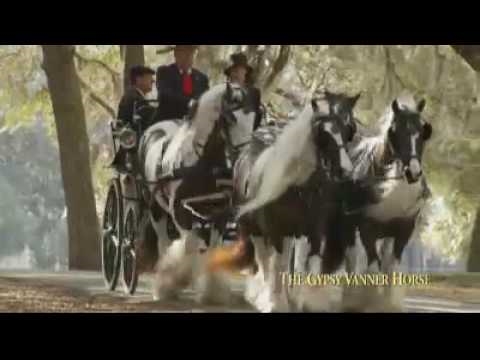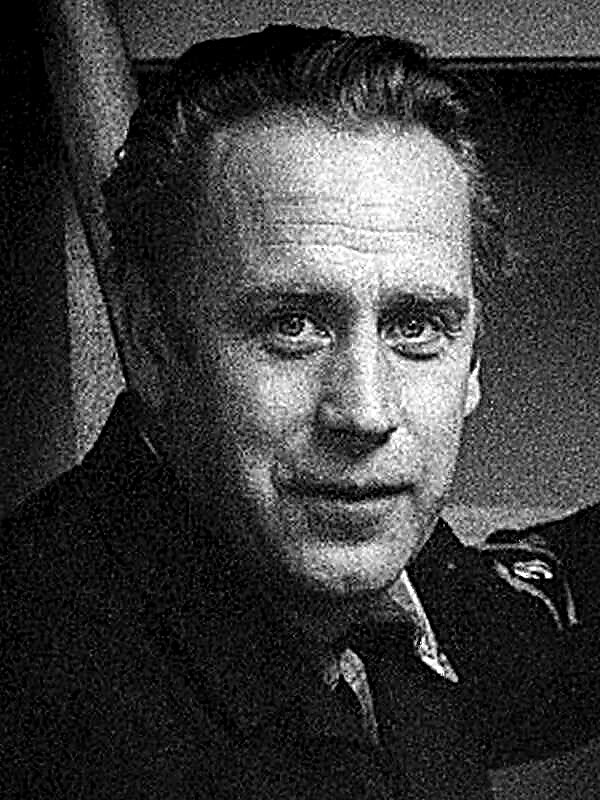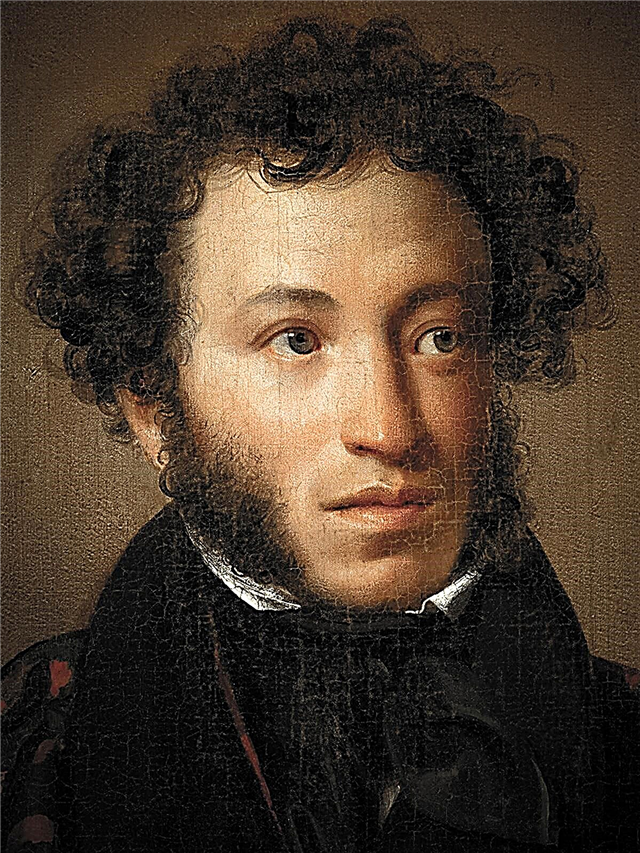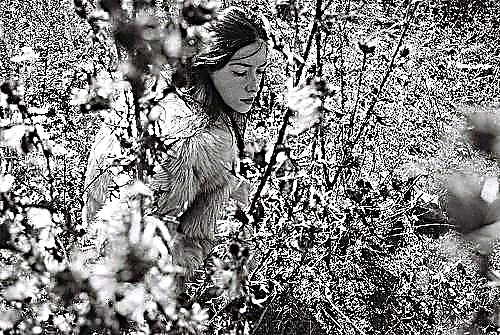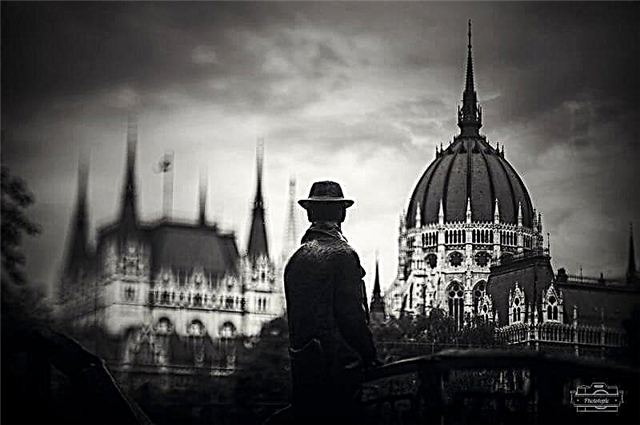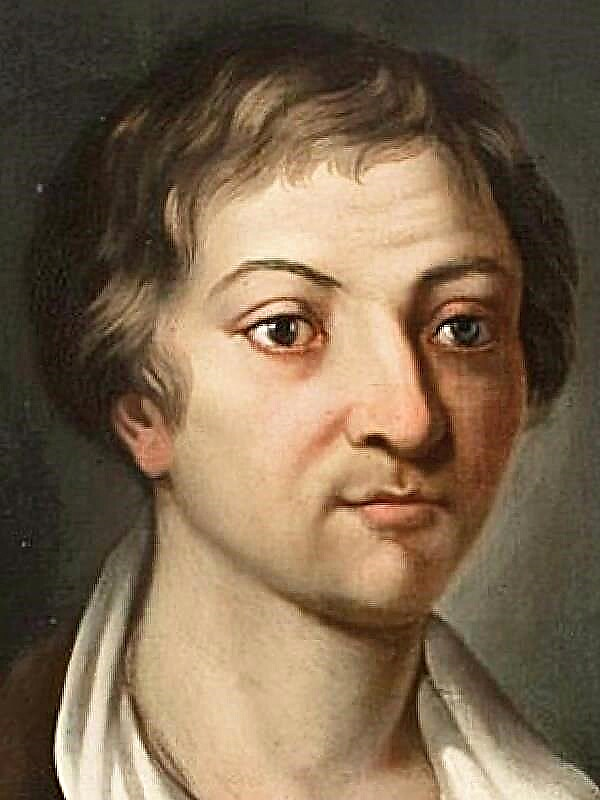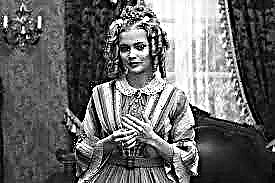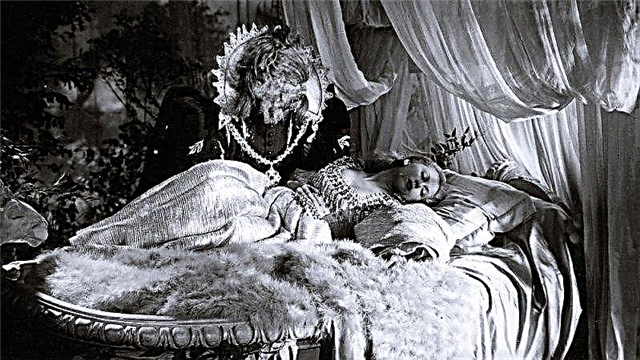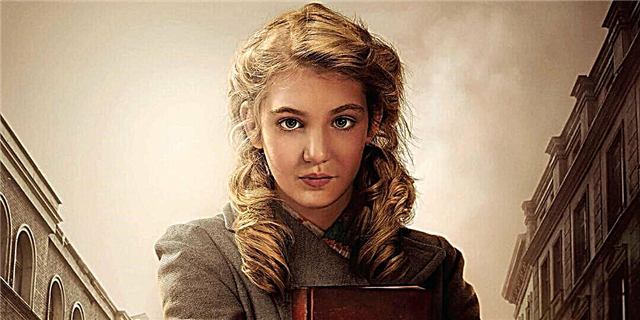Francis Fitzgerald is a famous American writer. In fact, all the works of the author are written about the "era of jazz." The writer came up with this term himself, it means a happy decade in the life of America between the end of the First World War and the beginning of the Great Depression, when the younger generation rebelled against traditional culture. She was replaced by frenzied and temperamental Negro music, which was given the name "jazz". It was about her that he wrote the legendary novel The Great Gatsby.
History of creation
The author of the Great Gatsby began writing in 1925 in France. Before the novel was released, a short story “Winter Dreams” was released. According to the author, he is like a sketch of a future book. The writer painstakingly worked on this work, changing and modifying the chapters. Initially, the narrative of the story came from Gatsby himself, but then the writer changed the narrator, since the image of Gatsby was somehow vague and incomprehensible. Fitzgerald liked the cover of the first edition so much that he even added a cover element to the work (big eyes on an advertising poster in the Slag Valley).
In his novel, Fitzgerald reflected the case of a major New York broker Fuller-McGee. He declared himself bankrupt, while his company illegally used the money of his auctioneers. The writer lived in a neighboring villa from Fuller, this can explain his interest in this case, which was actively discussed by all the newspapers in New York. Of course, there is some similarity between Fuller and Gatsby.
The title of the book also has its own special story. Its author replaced about 6 times. It is believed that Fitzgerald called Gatsby "great" in order to show his irony regarding the fate of this hero.
Genre, direction
The work is written in the genre of "novel". For the author in this work is characterized by the direction of realism. Some of the critics call his novel a chronicle of jazz. Fitzgerald was able to accurately convey the life of that time. By adding music, colors, mixing secrets and omissions, sprinkling all this with deep feeling and slight despair, Francis Fitzgerald is preparing a truly magnificent masterpiece. He leads us through the maze of Gatsby’s life, weaving it with the fates of other people. And only in the middle of the novel does the writer reveal to us the true reason for all the actions of the protagonist.
There is no pure love in this story, as, for example, in 19th-century novels. This work is like a hammer for pink glasses for readers. The author subtly and clearly draws the world as it is when people behave selfishly.
Essence
The author himself said that the main idea of the work is to show all the injustice of the fate of a poor young man who cannot marry the girl he dreams of. Fitzgerald argued that a similar topic was constantly spinning in his head, since he himself was in that position.
Once a young, unknown to an ambitious young man dared to ask for the hands of the daughter of a big businessman and the owner of a decent fortune. Of course, the girl herself refused with a laugh, because she revolved in secular circles, where it is vital to be rich. But she left a mocking hope: the groom had to earn a million, and then she could become his wife. And then Fitzgerald began to write. At first, his works were unsuccessful, but one novel turned his fate around: popularity brought him wealth. Zelda, Scott's lover, had to give in, but she herself already wanted it. Her friend became a celebrity, was included in the best houses of sophisticated bourgeois. So, the writer achieved his goal, but always remembered at what cost.
The main characters and their characteristics
- The main character is Nick Carraway. It is on his behalf that the narrative is being conducted. It is through him that we learn at first glance a confusing but in fact simple story of Gatsby's life. In fact, one cannot say anything concrete about this character. In the book, he is our guide on the road to the fate of Gatsby. He is faced with other heroes who tell us all the new details about the "Great." We know a little about his family, we know enough about his feelings for Jordan Baker and about feelings for Jay Gatsby himself. Our narrator is not without wisdom and a subtle understanding of reality. This is a modest and active person.
- Jay gatsby - An enterprising and successful man, he is about 30 years old (like Nick). For our narrator, as for other guests, was a man whose past and present is covered in a veil of secrecy. All his wealth was in the public eye, but his soul and all its essence were hidden from human eyes. Its main feature is determination. All his life he loved one man, he was devoted only to him, and all that he did was to win his favor.
- Daisy (daisy) Buchanan - Nick's second cousin, she is about 23 years old. From a wealthy family. She is one of those people who need someone to lead her through life. Such a man for her was her husband. Daisy was a smart girl. In her youth, she was very fond of Gatsby, but when he left, she began to meet with Thomas. She did not love him, but her parents approved of this marriage and condemned her relationship with Gatsby. Even at the end of the book, she still remains with her husband, because he is more reliable for her than Gatsby. She’s already used to living with him.
- Thomas "Tom" Buchanan - a very unpleasant type. Good-natured in appearance, but in fact a very slippery person. Disrespectful to his wife. Changes without hiding it. For him, women are only creatures who must give birth and raise children. He does whatever he wants. Dangerous and cunning hero.
Themes and Issues
- This work covers many topics, but the main theme is, of course, unequal position of people in society. Jay Gatsby and Daisy loved each other. She was the daughter of a wealthy man; he was a poor guy. They could not be together. Everything was against it. The author talks about the problem of the reprehensible relationship between rich and poor. A person measures the size of his wallet around him, which leads to errors that are expensive for a society living with false values.
- An equally important issue addressed here is life in illusions. Jay Gatsby, having parted with Daisy, did not stop thinking that someday he would come to her, there would be a fortune behind him, and she, realizing that he still loved her, would return to him. But this is an illusion and nothing more. An unfinished goal that has grown into a strong desire to prove to her that he is worthy of her hand. On the one hand, this is very good. Gatsby succeeded and became rich. On the other hand, he never built his life, in his heart he still remained the one whom society considered an outcast and poor. He lived only with his beloved, and in the end, having come to her, he forgot that time changes people.
- Also rises friendship and family theme. Gatsby was hiding and did not really tell anything about himself, but, as it turns out at the end, he had a loving father who knew his whole story from and to. He appeared Nick, who treated him with respect, while the "great" was rejected by everyone and everything. But even these real bonds cannot help a person realize his own importance and necessity. He chases after the phantom feelings that let him down, because they have long been gone. Unfortunately, we rarely can correctly assess the importance of those loyal and inconspicuous people who are near us, wherever we are.
- Also in the spotlight is the problem of habit and fear of dropping it. Daisy is a slave to her cowardice and routine. She is afraid to break an unnecessary connection for the sake of a real feeling. For the sake of the comfort zone, a woman renounces happiness and betrays a dream.
Meaning
The idea of the work is that life is not a fairy tale, but a tragedy, even if music is heard around and a fish splash of the palms is heard. A huge number of trials can fall on your lot and, unfortunately, this does not mean that in the end you will be lucky and everything will suddenly be justified. Jay Gatsby lived a hard life, he was a little secretive, but kept in his heart love and hope that sooner or later he would be happy with Daisy. But, as we can see, everything is different. She was afraid to leave her husband and child for the sake of old love. Gatsby dies all alone. Daisy didn't even come to his funeral. So, even when it seems to you that you have earned happiness after experiencing many difficulties, this does not mean at all that some kind of ephemeral force like justice should bring a reward in your teeth. Luck is also capricious and unpredictable as love: the heroine chose a vicious and rude man, and not a faithful and loving one.
The author also wanted to show the personal life of his country, the way people’s close relationships develop in the era of rampant capitalism. Through the drama of the protagonist, we see how a person becomes just a producer of material values and the owner of all sorts of goods. He is valued in monetary terms, so he is forced to chase financial solvency, not sparing himself. So his time goes by. So Gatsby missed his happiness, thinking that he still had time to earn and appear as a king, but, alas, the course of life is indifferent to people and their efforts. Success came to the man, but he did not help him turn back the clock.
Criticism
The novel received good reviews in the print media, but, nevertheless, the book did not sell out as fast as the writer would have liked. Critics of that time were also not particularly eager to speak of his work at all.
The well-known writer Ernest Hemingway and Edith Wharton, who wrote more than 20 novels in her life, spoke positively about the novel. Only since 1945, the popularity of Francis Fitzgerald has been increasing. During the life of the writer, reviewers were very biased towards his work and only after his death did they change their point of view.
Until now, there is no consensus on the importance, personality and even genius of his novel. Each of the critics perceives and evaluates the Great Gatsby in its own way.

